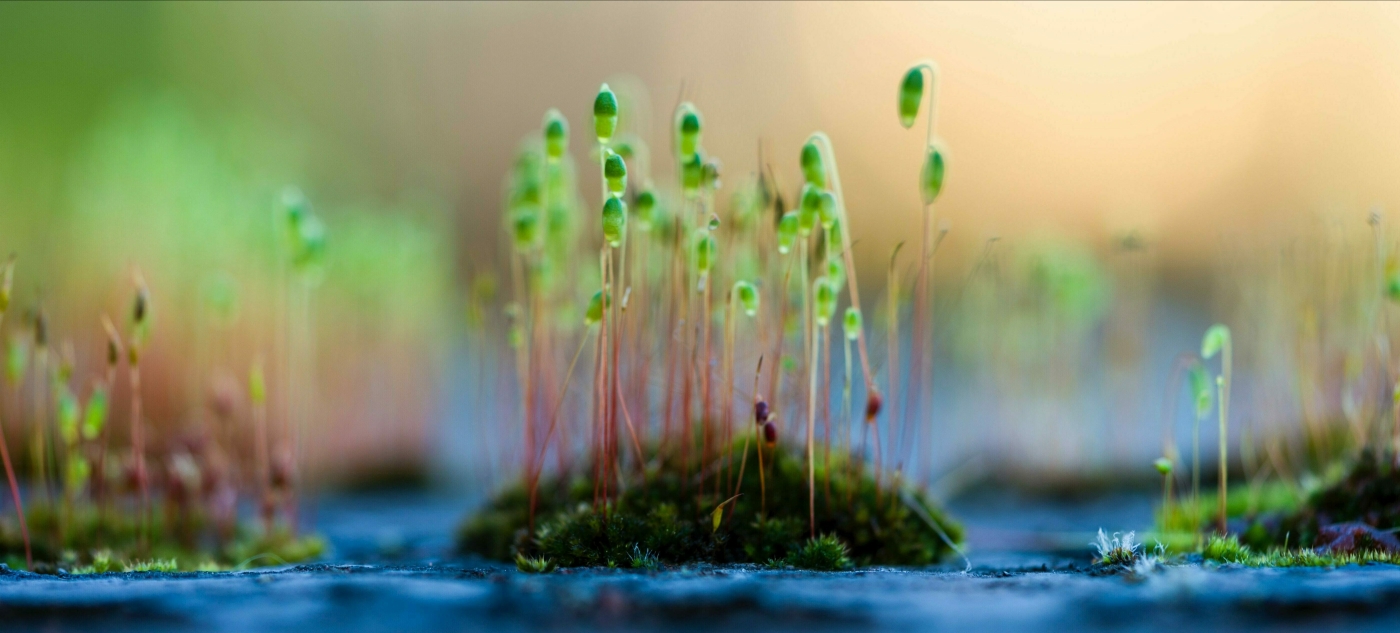It’s a matter of trust. This is a phrase I have heard repeatedly since I began my role in October 2020. It’s a phrase I have uttered myself to teammates. It’s also a phrase that has been echoed throughout our Digital Research Infrastructure (DRI) community to each other and with each other in countless conversations. Through my listening tour last fall, I heard from more than 200 individuals — many of whom emphasized — the need to rebuild trust in our DRI ecosystem. I will be the first to acknowledge that the expectations of everything we have done at NDRIO in our first year has been very high.
I often reflect on why this is the case. Do other start-up organizations face the same level of scrutiny? Do other start-up organizations face the same heightened expectations? That’s when it crystalized for me. I realized that while we are a new organization, we are establishing new structures against decades of history. Over the course of that history, missteps have been made, questionable decisions have been taken, and great successes have been achieved. In the end, the undeniable truth remains that trust was broken. Moreover, trust is not something freely given — it must be earned. Therefore, when trust has been broken, the effort to re-earn it is that much more difficult. Trust must be re-built.
Like many of my colleagues who have been members of this ecosystem over the past several years, we acknowledge that broken trust has been universal. That is, based on our shared history within this ecosystem, we have all had reasons not to trust. Whether as a researcher, administrator, highly qualified personnel (HQP) or any of the numerous roles in this ecosystem, at some point over the last several years, we had lost trust.
Business thinker David Burkus noted in one of his blogs that Google’s infamous Project Aristotle study, which sought to figure out what characteristics of teams predicted the highest performers, found psychological safety is almost always present. In short, positive emotions, such as trust, broaden the mind and enables open-mindedness, motivation and creativity.
That knowledge will help re-build trust.
With this context in mind, our community is trying to develop a DRI ecosystem that is world-class. We are trying to renew the supports that everyone of us will freely admit were initially established with the resources we had, versus the resources we needed. So many of us have remarked that it is a wonder the Canada’s DRI ecosystem works and yet, we only need to look to the committed HQP across the country who perform remarkable feats daily for the researchers they support. It is through their commitment and tireless support that we begin to understand how the ecosystem has functioned all these years.
Each of us shares a common goal that at times can feel like a calling. We are here to serve. We wish to elevate Canada to the global stage of the knowledge economy. We, as members of Canada’s DRI ecosystem, have long recognized, as my dear friend Cathy Bogaart shared with me: “Innovation will be the key to saving humanity.” Ambitious? Overly optimistic? No. I agree whole-heartedly with Cathy. For me, it’s just a matter of trust.
